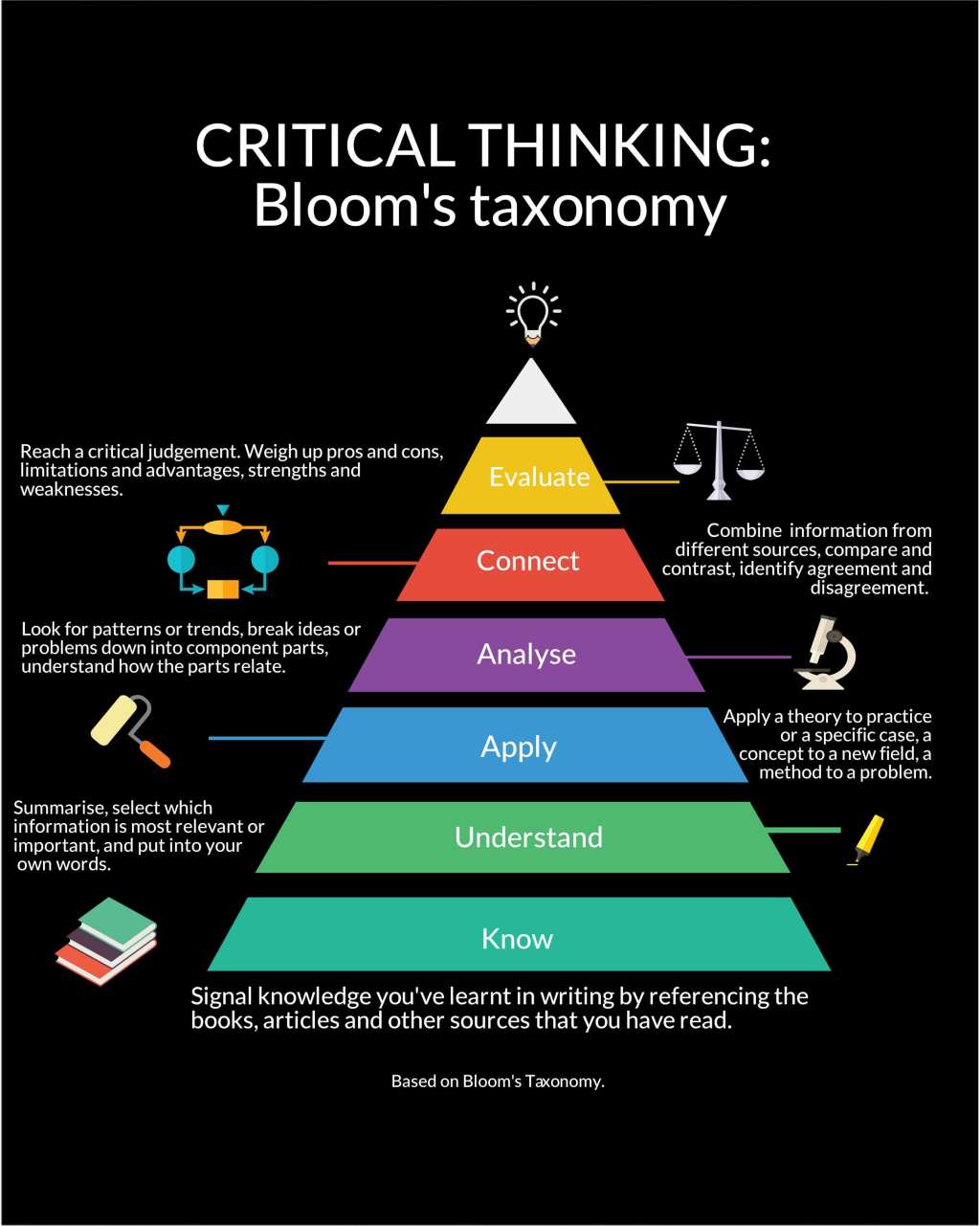Critical thinking is a valuable skill that is essential for success in both academic and real-world settings. It involves the ability to analyze information, make reasoned judgments, and solve complex problems effectively. In today’s fast-paced and constantly evolving world, individuals with strong critical thinking skills are highly sought after by employers and institutions of higher learning.
So, what exactly is critical thinking? At its core, critical thinking is about approaching situations with an open mind, questioning assumptions, evaluating evidence, considering alternative perspectives, and drawing well-reasoned conclusions. It goes beyond simply memorizing facts or regurgitating information – it requires actively engaging with the material at hand and applying logical reasoning to arrive at informed decisions.
One of the key components of critical thinking is being able to identify biases and fallacies in arguments. This means being aware of your own preconceived notions and recognizing when others may be manipulating information to suit their agenda. By honing this skill, individuals can better discern between fact and opinion, logic and emotion, helping them navigate through the sea of misinformation that often pervades our modern society.
Another important aspect of critical thinking is problem-solving. When faced with a challenge or obstacle, individuals who possess strong critical thinking skills can break down complex issues into manageable parts, consider various solutions from different angles, weigh their pros and cons objectively, and ultimately come up with a well-thought-out plan of action. This ability to think on one’s feet and adapt quickly to changing circumstances is invaluable in today’s rapidly changing world.
In addition to analyzing arguments and solving problems effectively, critical thinkers are also adept at communicating their ideas clearly and persuasively. They can construct coherent arguments supported by evidence while anticipating counterarguments from others. By honing their communication skills alongside their critical thinking abilities, individuals can become more effective advocates for themselves or causes they believe in.
But how does one develop these crucial skills? While some people may naturally have a predisposition towards critical thinking due to personality traits or upbringing, anyone can learn to enhance their abilities through practice and dedication. Here are some strategies that can help foster strong critical thinking skills:
1) Ask questions: Curiosity is the foundation of critical thinking. Encourage yourself (or your students/children) to ask “why” or “how” when presented with new information or challenging situations. By delving deeper into topics rather than accepting things at face value, you’ll start developing a more analytical mindset.
2) Evaluate sources: In today’s digital age where information overload is rampant online – it’s crucial to be able to discern credible sources from unreliable ones. Teach yourself (or your students/children) how to evaluate websites’ credibility by looking at factors like author expertise/reputation; publication date; bias; etc., before making any conclusions based on what you read/hear online
3) Practice active listening: Being an active listener means fully engaging with what someone else says instead of just waiting for your turn speak – which fosters empathy as well as enhances understanding between parties involved!
4) Consider multiple perspectives: To avoid falling into confirmation bias traps where we only seek out info/opinions that confirm our existing beliefs – try exposing yourself (or encouraging your children/students!) diverse viewpoints/perspectives whenever possible so you remain open-minded flexible thought processes
5) Engage in debates/discussions: Putting oneself in challenging scenarios such as debates/discussions helps sharpen argumentative reasoning persuasion capabilities – allowing us refine hone craft ways presenting our thoughts better under pressure!
By incorporating these strategies into daily practice routines whether personally or within educational settings students will begin see significant improvements not only academically but professionally too!
In conclusion,
Critical Thinking isn’t just another buzzword thrown around lightly without merit- it’s truly fundamental building block successful education career paths alike! The ability critically assess situations draw informed thoughtful conclusions indispensable trait navigating increasingly complex interconnected global society we live now more than ever before! So let’s continue fostering promoting cultivating next generation leaders thinkers capable thriving amidst challenges ahead together united front pave way brighter future all worldwide citizens alike!

Leave a comment